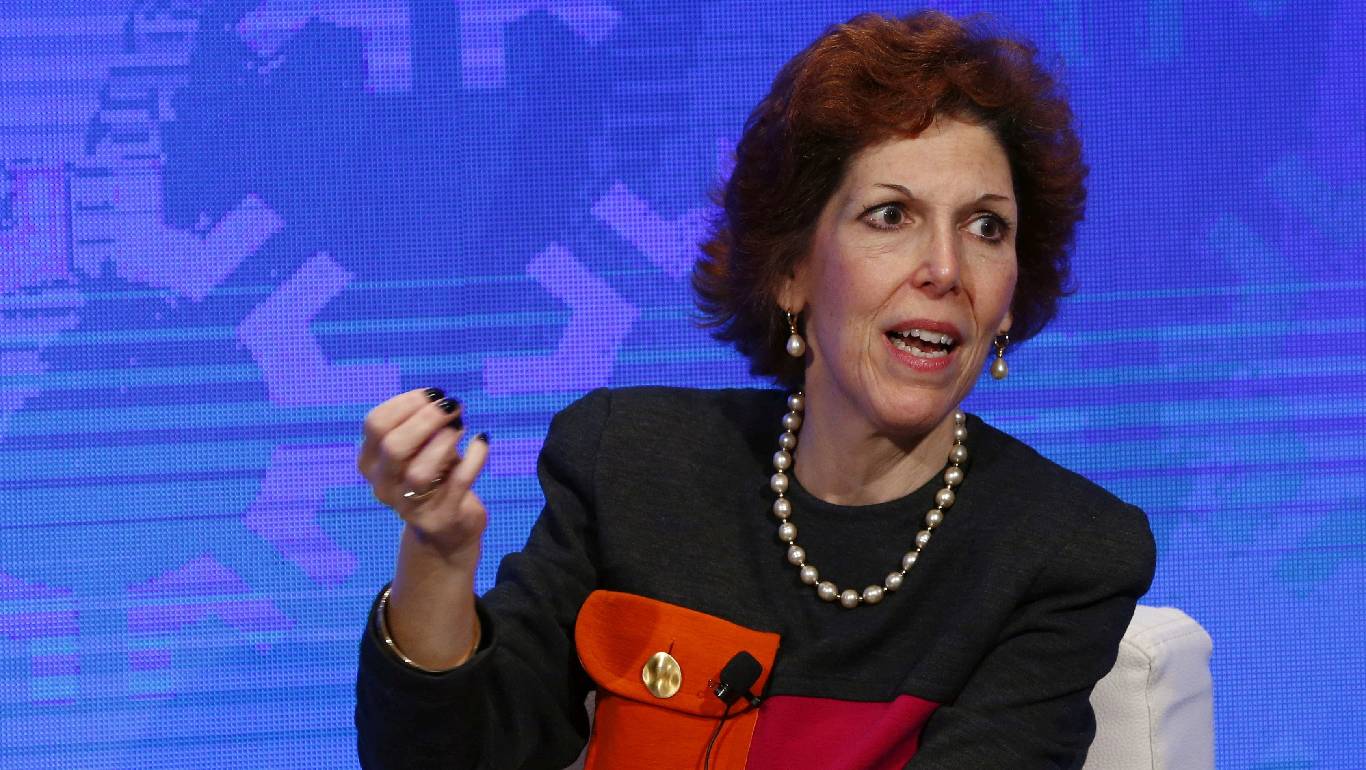




January Economic Update: Growth slows, prices rise
 DOWNLOAD
DOWNLOAD

Inflation Update: Up, up, and away?
 DOWNLOAD
DOWNLOAD

Quarterly Economic Growth Release: Growth takes on a slower pace
 DOWNLOAD
DOWNLOAD


Policymakers back rate hikes as Biden puts faith in the Fed

May 10 (Reuters) – Federal Reserve officials on Tuesday fortified their arguments for the swiftest series of interest rate hikes since at least the 1990s to combat inflation, while President Joe Biden urged the U.S. central bank to tame the price increases he said were hurting American households.
“I know that families all across America are hurting because of inflation,” Biden said in a speech from the White House a day before fresh data is expected to show consumer prices still rising at more than an 8% pace. “I want every American to know that I am taking inflation very seriously and it is my top domestic priority.”
Fed officials, now committed to a series of half-percentage-point rate increases, said their aggressive efforts to curb consumer and business demand for goods and services through higher borrowing costs were needed to slow the fastest inflation in 40 years.
But they also acknowledged it will be a painful ride.
The recent volatility in asset markets is “painful,” Cleveland Fed President Loretta Mester told Reuters, but also a necessary part of tightening credit conditions in the economy, a process that involves repricing across the spectrum of assets from corporate equities to single-family homes.
Unemployment might rise, she said. The Fed may even have to take losses on some of its own holdings if it chooses to sell them in such an unpredictable environment in order to shrink its balance sheet faster, a step that could help push interest rates higher than otherwise, Mester added.
“It is going to be a bumpy ride,” she said as the implications of the Fed’s policy shift took fuller shape across the economy through both falling stock values and rising interest rates.
That’s a dose of strong medicine that even Biden seemed willing to accept, choosing the risk of a possibly slowing economy or rise in unemployment over inflation so high right now it is eroding most Americans’ standard of living – and giving his Republican opponents fodder in elections later this year.
“The Fed should do its job and it will do its job, I’m convinced,” Biden said.
GLOBAL RECESSION FEARS
Although the Fed last week raised its benchmark overnight lending rate by half a percentage point to a target range between 0.75% and 1%, economists are debating whether it has fallen so far behind in its monetary tightening that it now needs to act so fast and raise borrowing costs so high that it may provoke a recession.
“We live in the most chaotic, hard-to-predict macroeconomic times in decades. The ingredients for a global recession are on the table,” Seth Carpenter, global chief economist at Morgan Stanley, wrote on Sunday. Though the United States may avoid a recession, “markets will have to confront the rising probability of one.”
New data on Wednesday will provide an updated view of consumer prices that may show some slowing, but not enough yet to turn Fed policymakers away from their path of higher rates.
That includes 50-basis-point rate increases in June and July, then further hikes through the rest of the year at a pace and to a level still to be determined.
New York Fed President John Williams, speaking earlier on Tuesday, agreed that the price of bringing down inflation may be a slight rise in the U.S. jobless rate, currently at 3.6% and indicative of a labor market that by many measures is the strongest in 50 years.
“When I think of a ‘soft landing,’ it’s really a matter of, yes we could see growth below trend for a while and we definitely could see unemployment moving up somewhat but not in a huge way,” Williams said at an economics conference organized by Germany’s central bank in Eltville am Rhein, Germany. “I think that’s the challenge.”
Speaking to a local chamber of commerce in North East, Maryland, Richmond Fed President Thomas Barkin said that after the coming rate hikes the central bank would be in a position to determine whether inflation remained at a level requiring the brakes to be put on the economy or not.
“We will do what we need to do,” Barkin said.
(By Ann Saphir and Howard Schneider; Additional reporting by Francesco Canepa, Lindsay Dunsmuir and Jeff Mason;
Editing by Paul Simao)
This article originally appeared on reuters.com





 By Reuters
By Reuters